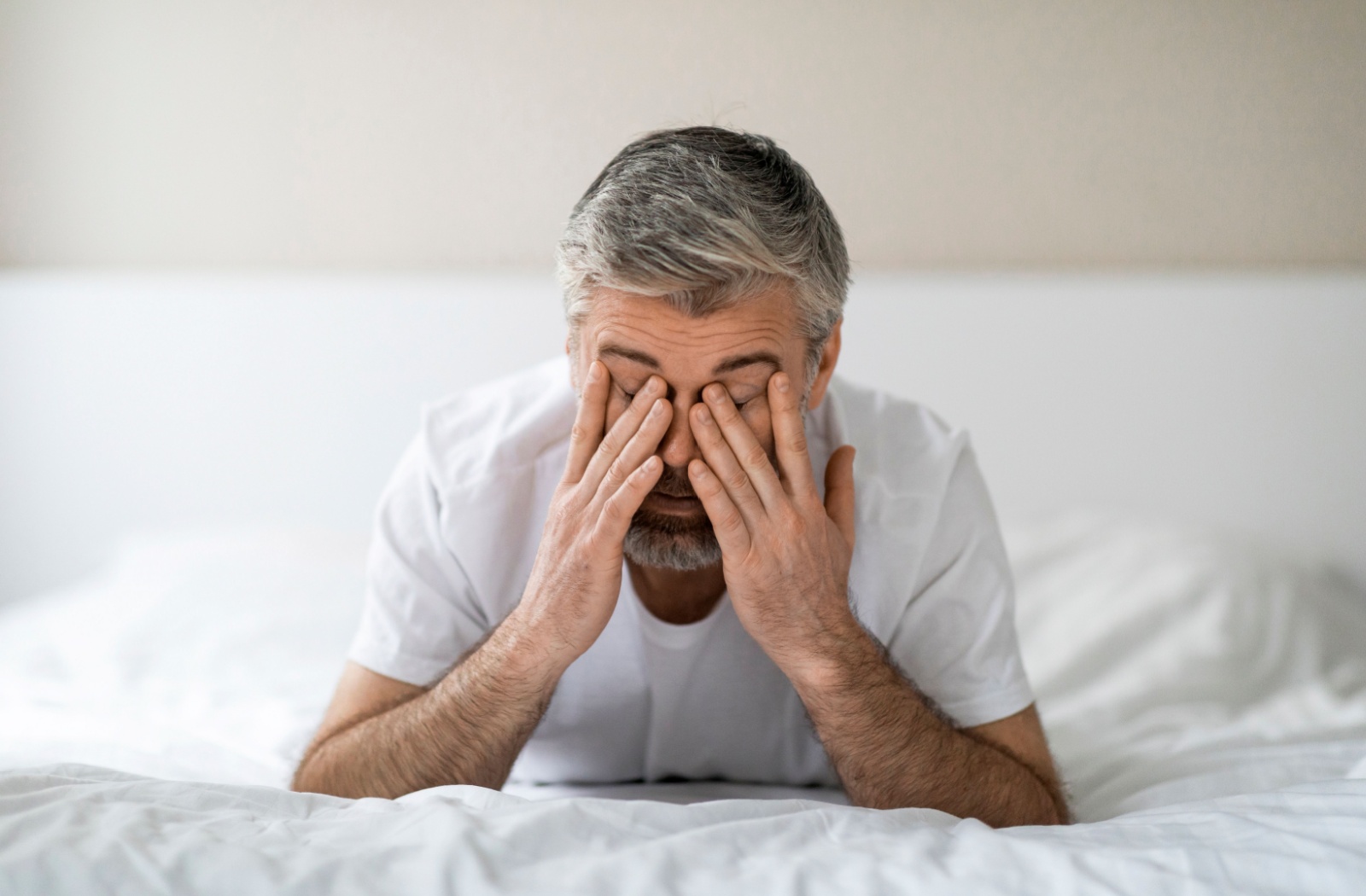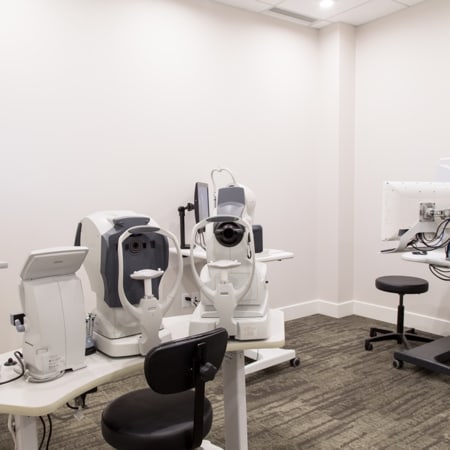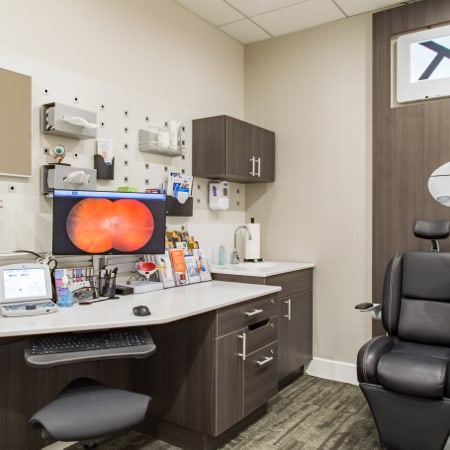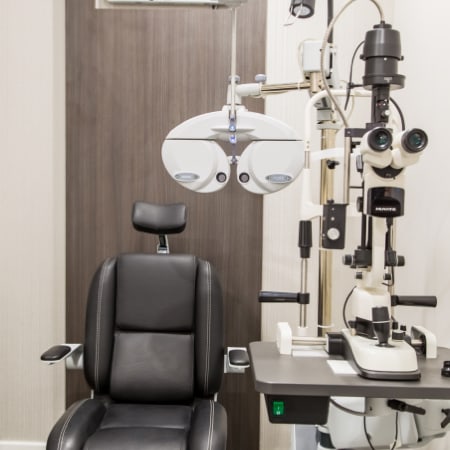Waking up to burning, irritated eyes can feel like an unsettling way to start your day. Whether it’s an occasional occurrence or a daily struggle, this sensation can leave you questioning your eye health, what’s causing it, and how to make it stop. Understanding the reasons behind this discomfort is the first step toward eye care and happier eyes.
Burning eyes upon waking aren’t uncommon and can stem from multiple factors, from dry eyes to eye strain. Below, we’ll unpack some of the common reasons behind this issue and outline potential remedies to help you wake up more comfortably.
How Sleep Can Affect Eye Health
Sleep plays a crucial role in maintaining overall health and your eyes are no exception. During sleep, your eyes rest and recover from the strain they endure throughout the day. A lack of quality sleep can lead to problems like dryness, irritation, and blurred vision. Insufficient rest prevents your eyes from replenishing essential nutrients and natural lubrication, which can result in discomfort or even exacerbate existing conditions like dry eye syndrome.
Additionally, poor sleep has been linked to more serious eye-related concerns, such as increased risk of glaucoma and optic nerve damage due to elevated eye pressure. Prioritizing adequate and restful sleep is essential for protecting your eye health and ensuring they remain refreshed and functional.
Common Causes of Burning Eyes Upon Waking
Here are some common reasons for waking up with dry eye:
1. Dry Eyes
Dry eyes are one of the leading causes of morning discomfort. When you sleep, tear production naturally decreases, and for some people, this results in insufficient lubrication of the eyes. Factors such as sleeping with a fan or air conditioner on, or certain health conditions like dry eye syndrome, can exacerbate this issue.
2. Allergies
If you’re waking up with irritated, burning eyes, allergens may be to blame. Dust mites, pet dander, and mold commonly found in bedding or your room can trigger allergic reactions. This can lead to inflammation, burning, and redness in your eyes.
3. Blepharitis
Blepharitis is an inflammation of the eyelids often caused by clogged oil glands near the eyelashes. This condition can cause a burning sensation in the eyes, as well as crusting along the eyelid margins, especially noticeable when you first wake up.
4. Overexposure to Screens
Spending long hours staring at digital screens late into the evening can strain your eyes, leading to burning or discomfort the next morning. Excessive screen time reduces blinking rates, drying out and exhausting your eyes.
5. Contact Lenses
Sleeping in contact lenses, even inadvertently, can dry out your cornea and irritate your eyes significantly. Even extended-wear lenses approved for overnight use may cause eye strain or dryness if worn for too long.
6. Sleep Apnea or Poor Sleep Quality
Conditions like sleep apnea can interrupt your nightly rest, causing improper sealing of your eyelids. This may leave your eyes more exposed to air during sleep, leading to dryness, irritation, and burning sensations.
7. Environmental Factors
Do you sleep with a fan, heater, or air conditioner running? Dry air from these sources can dehydrate your eyes overnight. Similarly, exposure to pollutants or irritants in your environment can contribute to the problem.
8. Eye Strain or Fatigue
If your eyes feel tired and burn, it could be due to strain from the previous day. Prolonged reading, writing, or screen use before bed could carry over into the morning, making your eyes more vulnerable to irritation.
Tips to Prevent Burning Eyes in the Morning
Now that we’ve identified common causes, here are some actionable tips to alleviate and prevent the discomfort:
- Stay hydrated: Drink plenty of water throughout the day to keep your body and eyes hydrated.
- Use a humidifier: A humidifier in your bedroom can combat dry indoor air and keep your eyes comfortably moist while you sleep.
- Adopt good sleep hygiene: Ensure your sleeping environment is free of allergens by washing your bedding regularly and using hypoallergenic pillowcases.
- Consider artificial tears: Over-the-counter lubricating eye drops can help provide much-needed moisture to your eyes before bed or upon waking.
- Practice the 20-20-20 Rule: Reduce digital eye strain by taking regular breaks. Every 20 minutes, look at something 20 feet away for 20 seconds.
- Avoid contact lens overnight wear: Always remove your contact lenses before sleeping, unless you are wearing lenses specifically designed for extended wear.
- See an eye doctor: Persistent burning or discomfort may indicate an underlying issue. Scheduling an appointment with a qualified optometrist can help identify and treat these concerns.
When Should You Be Concerned?
Occasional burning eyes aren’t usually something to worry about, but if the issue is ongoing or accompanied by other symptoms like excessive redness, blurred vision, or swelling, it’s time to see a professional. These could be signs of a more serious eye condition that requires medical attention, such as chronic dry eye syndrome, blepharitis, or an eye infection.
Proper Eye Care is Key
Your eyes play a crucial role in your daily life, and keeping them healthy should be a priority. Addressing morning discomfort now can help prevent more severe problems later. Whether it’s as simple as adding a humidifier to your room or seeking professional care for a specific condition, small changes can lead to big improvements.
If you’re experiencing consistent burning or discomfort in your eyes upon waking, our team at Central Optometry is here to help. Book an appointment with us today to start your mornings refreshed and pain-free.
















